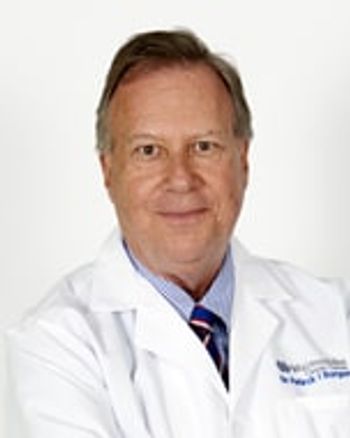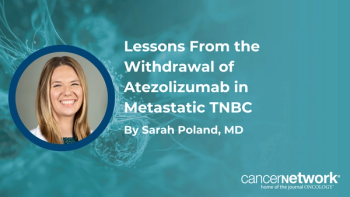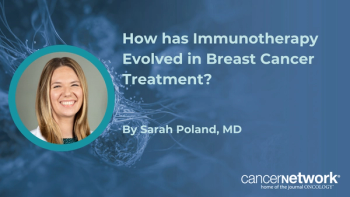[[{"type":"media","view_mode":"media_crop","fid":"49438","attributes":{"alt":"Image © harmpeti / Shutterstock.com","class":"media-image","id":"media_crop_4153508145471","media_crop_h":"0","media_crop_image_style":"-1","media_crop_instance":"5965","media_crop_rotate":"0","media_crop_scale_h":"0","media_crop_scale_w":"0","media_crop_w":"0","media_crop_x":"0","media_crop_y":"0","title":"Image © harmpeti / Shutterstock.com","typeof":"foaf:Image"}}]]Serum levels of a vitamin D biomarker, 25-hydroxyvitamin D (25OHD), measured at the time of breast cancer diagnosis were independently associated with breast cancer prognosis, especially among premenopausal women, according to the results of the Pathways Study published today in JAMA Oncology.
“We found that low serum 25OHD levels were associated with poorer survival in this prospective cohort study of women with breast cancer,” wrote researcher Song Yao, PhD, of Roswell Park Cancer Institute in Buffalo, and colleagues. “Furthermore, low serum 25OHD levels were also associated with prognostic characteristics, including triple-negative subtype.”
[[{"type":"media","view_mode":"media_crop","fid":"53796","attributes":{"alt":"","class":"media-image","id":"media_crop_7202052247082","media_crop_h":"0","media_crop_image_style":"-1","media_crop_instance":"6739","media_crop_rotate":"0","media_crop_scale_h":"0","media_crop_scale_w":"0","media_crop_w":"0","media_crop_x":"0","media_crop_y":"0","style":"height: 81px; width: 144px;","title":"","typeof":"foaf:Image"}}]]
Dr. Yao discusses the results of the study. Courtesy of
Roswell Park Cancer Institute
According to Yao and colleagues, these findings “provide compelling observational evidence for inverse associations between vitamin D levels and risk of breast cancer progression and death.”
The Pathways Study was a prospective cohort study investigating whether 25OHD at diagnosis was associated with breast cancer prognosis. The study included breast cancer survivors from Kaiser Permanente Northern California. It included women who were diagnosed with incident invasive breast cancer and were followed for outcomes and comorbidities at 12, 24, 48, 72, and 96 months after baseline. Analysis was done of serum samples from 1,666 cohort members.
Levels of serum 25OHD were lower in women with advanced-stage tumors and was lowest in premenopausal women with triple-negative breast cancer. Using women with luminal A subtype as the reference group, premenopausal women with 25OHD levels in the higher two-thirds had reduced odds of triple-negative subtype compared with those in the lowest third.
Overall, compared with women in the lowest serum 25OHD tertile, those in the highest tertile had superior overall survival, even after adjustment for clinical prognostic factors (hazard ratio [HR], 0.72; 95% CI, 0.54–0.98). This association was even stronger among women who were premenopausal (HR, 0.45; 95% CI, 0.21–0.96). Additionally, in premenopausal women there were also association between 25OHD levels and breast cancer–specific survival (HR, 0.37; 95% CI, 0.15–0.93) and invasive disease-free survival (HR, 0.58; 95% CI, 0.34–1.01).
The researchers noted that their findings were consistent with other literature suggesting better overall survival among patients with higher 25OHD levels, but advised “caution when interpreting our findings of vitamin D association with outcomes due to potential residual confounding, given that serum 25OHD concentrations are subject to many environmental and physiological changes.”




















































